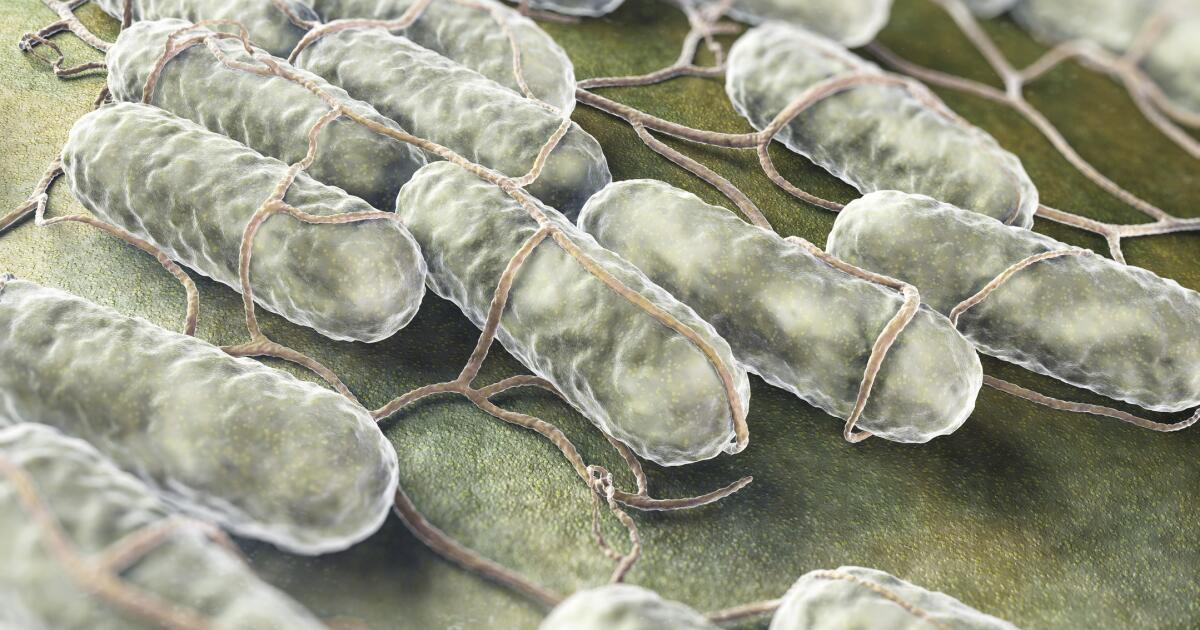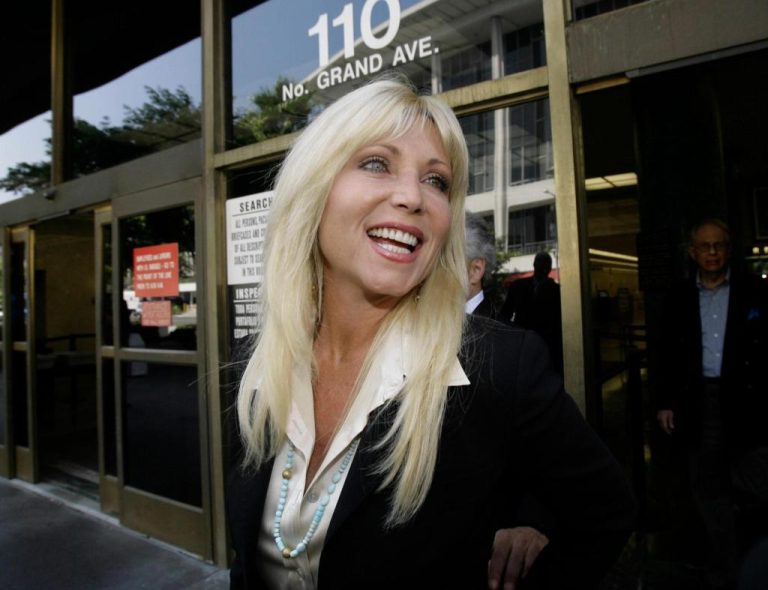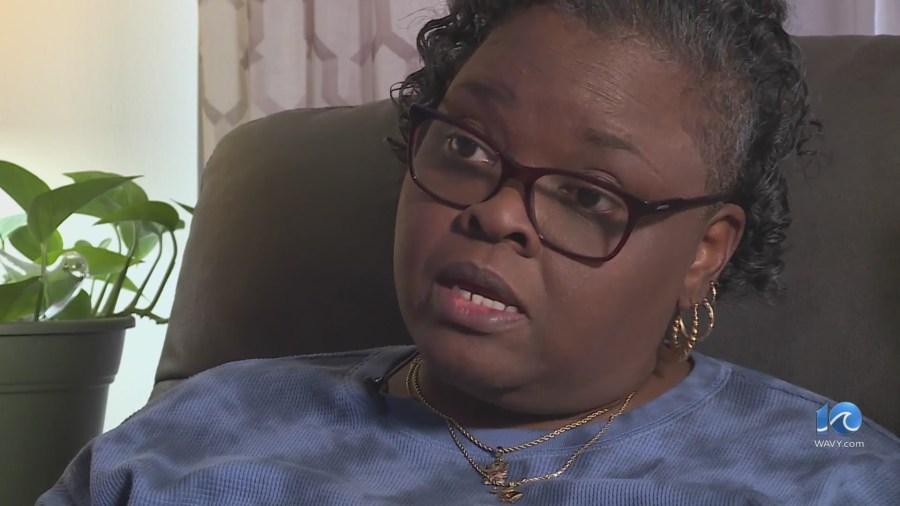
San Diego County health officials are asking the public to discard raw milk products from a Fresno-based producer, and stores to temporarily set aside their inventories, after nine local residents tested positive for salmonella infection in late September and early October.
Three of the nine cases, the county said in a statement released Friday afternoon, got sick enough to require hospital stays. All three were children, though their specific ages were not released. The cases, the county said, ranged in age from 1 to 41.
Dr. Seema Shah, medical director of the county’s epidemiology and immunization services branch, said Friday that the request was made out of an abundance of caution given the case correlation, though results are not back yet from the California Department of Public Health, which is testing samples of products made by Raw Farm LLC.
All nine who got sick, the county says, “reported consuming Raw Farm LLC raw milk or milk products the week before their illness onset.”
“We’re waiting to hear back on testing results that can often take time,” Shah said. “We didn’t want to miss an opportunity to communicate with the public and be transparent that we’re seeing this.”
The director said that all three children who were hospitalized have since been discharged home. Further information on their current medical conditions and severity of the symptoms they experienced was not immediately available.
Heather Buonomo, San Diego County’s director of environmental health, confirmed that her department asked local retailers to stop selling Raw Farms products Friday.
“While this is not an official recall, we do have a really robust relationship with our local retailers when it comes to communications and pulling products,” Buonomo said. “We did reach out to our retailers that we know carry raw milk and just had a conversation, asking them to pull and set aside those products until we get further direction.”
Raw Farm reacted quickly to the announcement Friday afternoon with Aaron McAfee, the company’s chief executive officer, saying that the company contracts with a testing company to check daily for salmonella and several other species of bacteria.
“We have sent our retail partners and the Department of Public Health the negative results for the milk that is actually in stores right now,” McAfee said, adding that independent monthly tests conducted by the California Department of Food and Agriculture also show negative results. He provided test results from contractor Food Safety Net Services dated Oct. 18 that showed negative salmonella, E.coli and other pathogen results for whole milk, cream, butter, and Keifir.
He added that the company would never sell products if those tests ever came back positive.
“We take the safety of our consumers very, very seriously,” McAfee said. “It is our top priority.
“Above all other goals we have is to maintain brand integrity of having the safest products we could possibly have.”
The executive said that he was contacted by the CDPH Thursday regarding an ongoing investigation into “multiple counties” but did not indicate which locales outside San Diego have also reported salmonella cases linked to Raw Farms products. McAfee said he asked the state official whether the organization intended to issue a press release regarding the situation.
“They said ‘no, not at this time, we’re in the early stages of an investigation,” McAfee said. “San Diego County is the only county out of 49 in California that sell raw milk that is choosing to do the actions they’re doing.”
CDPH did not respond to a request for more information on the matter made Friday afternoon.
Raw Farm describes its “Raw Milk” product as “unprocessed and complete with bioavailable vitamins, minerals, enzymes, beneficial bacteria, naturally occurring CLA, and omega-3 fatty acids. Absolutely NO antibiotics, synthetic hormones, or GMOs anything.”
Pasteurization, which involves heating milk after it is collected from cows, kills bacteria such as salmonella, which the county notes is “commonly found in human and animal intestines. Pasteurization also kills other potentially harmful bacteria such as Listeria, E.coli
According to “A Campaign for Real Milk,” a project of the Weston A. Price Foundation, raw milk is legal in 14 states, including California, where unpasteurized dairy goods must include a warning label that notes that they “may contain disease-causing microorganisms.”
The U.S. Food and Drug Administration takes a hard line on unpasteurized dairy products, stating unequivocally on its website: “All raw milk is risky.” But there has been a rising call among many health food proponents who cite scientific studies, most conducted in Europe, that indicate heat-based pasteurization harms some of milk’s healthful components.
Raw milk has already hit the mainstream, with Raw Farm listing dozens of markets on its website in San Diego County, including Sprouts, Jimbo’s and even a home-delivery service, that stock its products.
It’s possible, Shah said, that the current outbreak is not over.
“We are likely going to see more infections,” Shah said.
Symptoms of salmonella infection include “bloody or watery diarrhea, stomach cramps, fever, nausea, vomiting, and headache approximately six hours to six days after consuming contaminated foods.”







